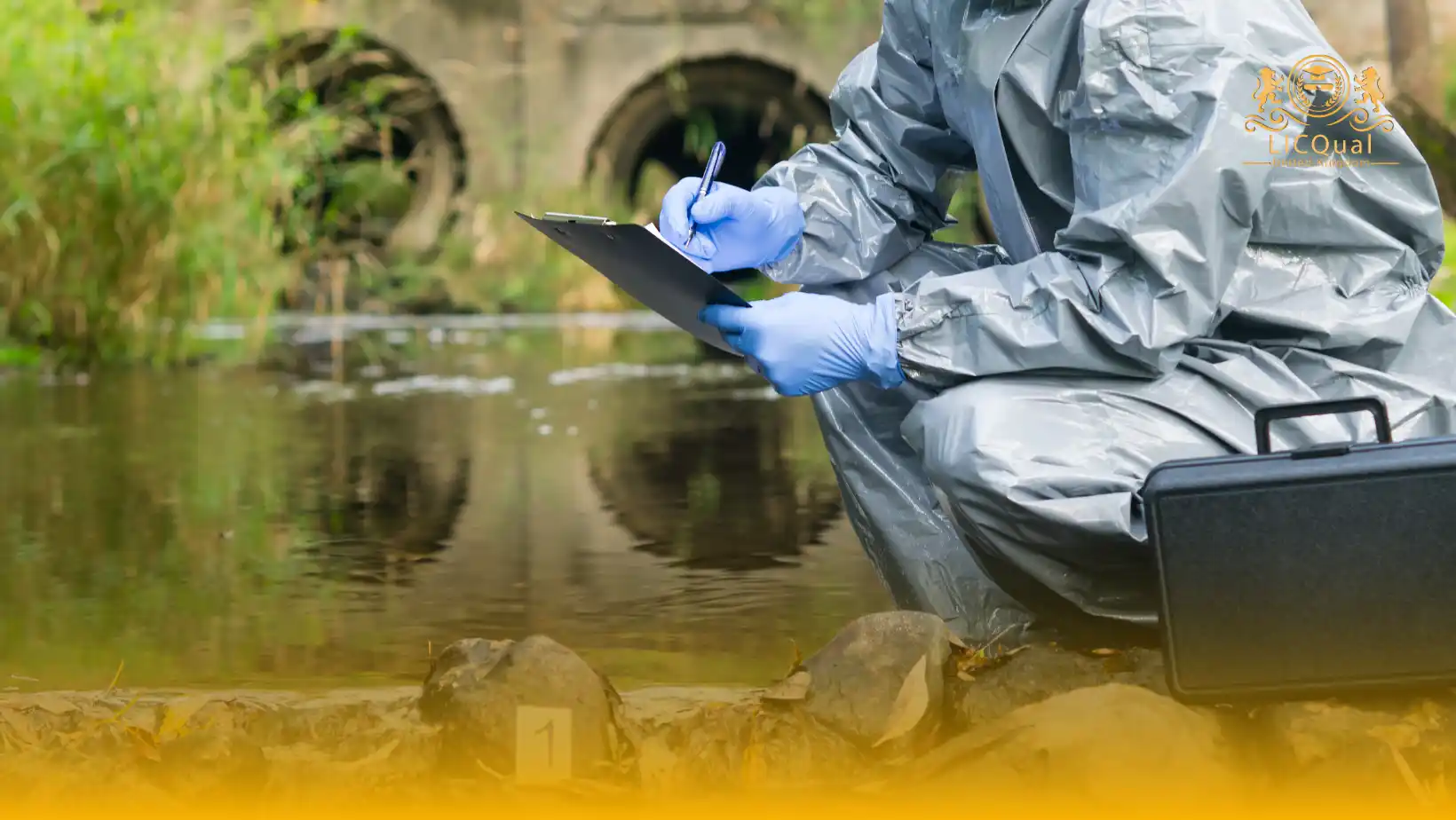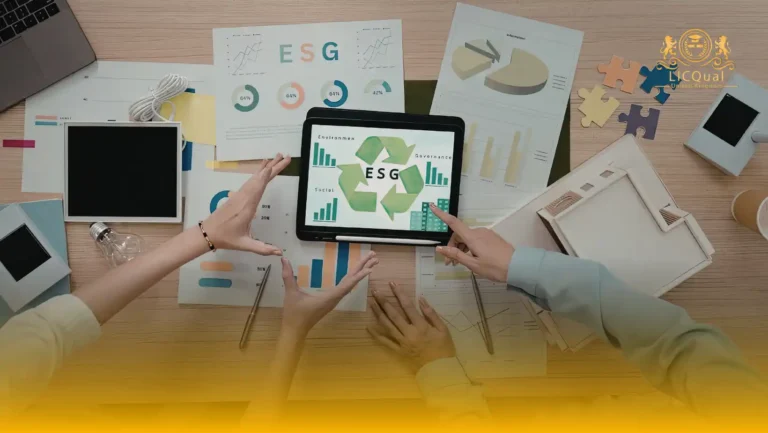Environmental Management
As environmental sustainability becomes a global priority, the LICQual Level 3 Award in Environmental Management equips learners with advanced knowledge of environmental principles, regulatory responsibilities, and sustainable practices. Learners gain a balance of theoretical insight and practical application, enabling them to support meaningful environmental change and enhance career prospects.
This qualification guides learners through environmental management systems, sustainability strategies, and legal frameworks, including ISO 14001 standards and compliance requirements. Learners develop skills in conducting environmental audits, managing waste and energy, assessing environmental impacts, and implementing policies that reduce risks and promote resource efficiency.
Through real-world applications, learners gain the ability to influence organizational sustainability, support regulatory compliance, and contribute to long-term environmental goals. Designed for professionals across industries such as construction, manufacturing, logistics, energy, and public administration, this award empowers learners to take active roles in promoting environmental responsibility and advancing their expertise in sustainability, strategy, and compliance.
Course Overview
Qualification Title
LICQual Level 3 Award in Environmental Management
Total Units
6
Total Credits
6
GLH
18
Qualification #
LICQ2200398
Qualification Specification
To enroll in the LICQual Level 3 Award in Environmental Management , applicants must meet the following criteria:
|
Qualification# |
Unit Title |
Credits |
GLH |
|---|---|---|---|
|
LICQ2200398-1 |
Advanced Environmental Management Principles |
1 |
3 |
|
LICQ2200398-2 |
Environmental Risks and Impact Assessment |
1 |
3 |
|
LICQ2200398-3 |
Legal and Regulatory Compliance |
1 |
3 |
|
LICQ2200398-4 |
Waste Management and Resource Efficiency |
1 |
3 |
|
LICQ2200398-5 |
Energy Conservation and Sustainable Development |
1 |
3 |
|
LICQ2200398-6 |
Environmental Auditing and Reporting |
1 |
3 |
By the end of this course, learners will be able to:
1. Advanced Environmental Management Principles
- Understand the structure and purpose of advanced environmental management systems (EMS).
- Evaluate the role of sustainability, continuous improvement, and corporate responsibility in environmental strategies.
- Apply environmental management principles to organizational decision-making and operational planning.
2. Environmental Risks and Impact Assessment
- Identify and assess key environmental risks across various industries and activities.
- Conduct basic environmental impact assessments (EIAs) to evaluate potential environmental consequences.
- Recommend mitigation strategies to minimize environmental harm and support sustainable operations.
3. Legal and Regulatory Compliance
- Interpret relevant national and international environmental laws and regulations.
- Understand the obligations of organizations under environmental compliance frameworks.
- Apply legal knowledge to ensure business practices align with environmental policies and standards.
4. Waste Management and Resource Efficiency
- Develop effective waste management strategies based on the waste hierarchy and circular economy principles.
- Promote efficient use of natural resources to reduce environmental footprint.
- Identify opportunities for waste reduction, recycling, and sustainable material use in operations.
5. Energy Conservation and Sustainable Development
- Analyze the relationship between energy consumption and environmental impact.
- Apply techniques for improving energy efficiency in workplace and industrial settings.
- Support sustainable development goals (SDGs) through practical conservation initiatives.
6. Environmental Auditing and Reporting
- Understand the principles, processes, and objectives of environmental auditing.
- Conduct internal audits to evaluate environmental performance and identify areas for improvement.
- Prepare accurate and compliant environmental reports aligned with industry and regulatory standards.
This diploma is ideal for:
- Professionals working in health, safety, and environmental (HSE) roles seeking to deepen their environmental expertise
- Supervisors, team leaders, and managers aiming to implement sustainable practices within their departments
- Individuals involved in quality assurance, compliance, or corporate responsibility functions
- Employees in industries with environmental impacts such as manufacturing, construction, logistics, and energy
- Graduates or career changers looking to build a career in environmental management or sustainability
- NGO workers and community leaders engaged in environmental projects or conservation efforts
- Public sector employees and policy advocates working on environmental regulations or climate initiatives
- Anyone with a strong interest in environmental protection, sustainable development, and regulatory compliance
Assessment and Verification
All units within this qualification are subject to internal assessment by the approved centre and external verification by LICQual. The qualification follows a criterion-referenced assessment approach, ensuring that learners meet all specified learning outcomes.
To achieve a ‘Pass’ in any unit, learners must provide valid, sufficient, and authentic evidence demonstrating their attainment of all learning outcomes and compliance with the prescribed assessment criteria. The Assessor is responsible for evaluating the evidence and determining whether the learner has successfully met the required standards.
Assessors must maintain a clear and comprehensive audit trail, documenting the basis for their assessment decisions to ensure transparency, consistency, and compliance with quality assurance requirements.







